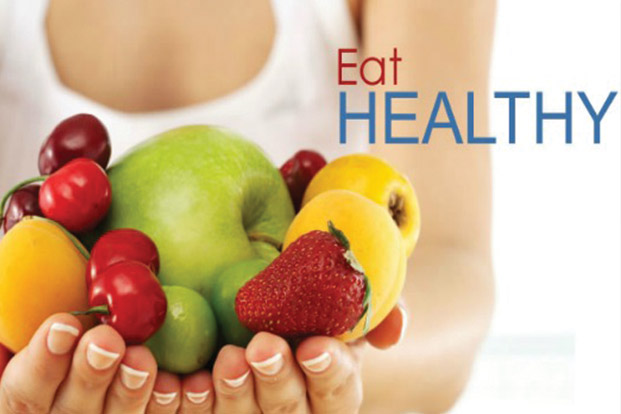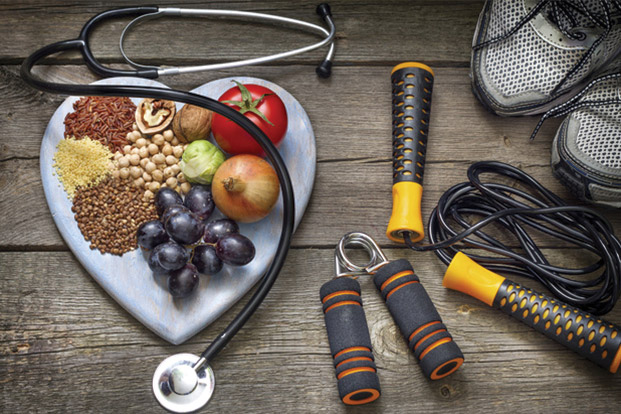10 Diet Tips for Surgery Patients
Apr 19, 2022
The therapeutic goal for post operative patient is rapid recovery to normal function and well- being. Nutrition plays an important role for post operative patient’s recovery. After surgery the body required enough calories, protein and other nutrient to fully recovery. Proper nutrition after surgery reduces the risks of infections, speed healing of the incision and increases the body strength. The goals for nutrition therapy after surgery are:
- Promote wound healing
- Prevent infection
- Promote anabolism or preserve lean body mass
- Provide adequate energy and protein and
- Prevent dehydration
Diet Tips for Surgery Patient:-
- Adequate energy- This is the basic requirement after surgery. Approx 35 to 40kcal per kg of ideal body weight per day is required to maintain it. If the patient has fever, infection or other complications, the energy requirement increases up to 50kcal per kg of ideal body weight per day.
- Proteins play a crucial role – They play an important role in wound healing after surgery. Protein requirements are 1.5gms to 2gms per kg of ideal body weight per day for wound healing and increased immune function. High biological value protein such as egg, fish, chicken, soybeans, milk, curd, etc and complete protein like mixture of cereals and pulses (rice/chappati with dal/pulses) are helpful to maintain it.
- Fat is a concentrated source of energy and provides essential fatty acids (EFA) – Essential fatty acids deficiency leads to anaemia and poor wound healing after surgery. The calories provided from fat should not exceed more than 20 to 25% of total calories. Visible fats such as mustard oil, rice bran oil, sunflower oil, safflower oil, olive oil, canola oil, mixed vegetable oil are beneficial.

- Vitamins are most important nutrients for post operative patient. Vitamin A (found in papaya, orange, carrot, pumpkin, and dark green or yellow fruits & vegetables) and vitamin C (found in citrus fruits, berries, tomatoes, amla, lemon, etc) help in wound healing.
- Minerals are key – like zinc (found in meat, sea foods, dairy and beans) and iron (found in meat & poultry, beans, green vegetables, etc) are helpful for wound healing. Calcium, selenium, sodium and potassium are also important for post surgery recovery.
- Constipation is very common after surgery – A soluble fibre rich food (e.g.cereals, pulses, fruits, vegetables, etc) helps to maintain bowel movement and increase appetite also.
- Fluids are important- An additional fluid is required to replace losses through surgical drains, gastric output or other gastrointestinal losses. Approx 30 to 40ml per kg of ideal body weight per day fluid required depending on age, body surface area and organ function in stable patient.
- Opt for a liquid diet – A clear liquid diet consist of foods and beverages that are both clear and liquid at room temperature including juices, sago water, barley water, whey water, etc start 1st day after surgery and gradually change into full liquid diet such as milk based liquid, pudding, custard, juices with pulp, etc.
- Choose a semi solid diet – A semisolid/soft diet consist with cereals, pulses, vegetables, curd, porridge, egg, chicken soup/stew, fish stew, chena/paneer, etc, start after well tolerated liquid diet by patient.
- Finally patient will be on regular hospital diet i.e. normal diet. It provides adequate calorie, protein and other nutrients as per patient’s requirement.
Conclusion:
In addition to eating foods that rich in calorie, protein and other nutrients, sufficient quantity of fluid is also important for wound healing. It is very important to get specialized nutrition support for better recovery after surgery.









